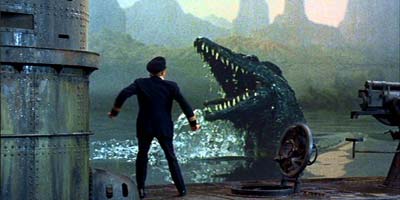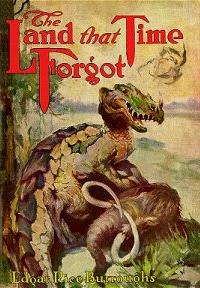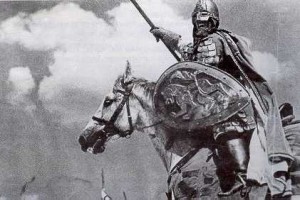From American Film (April 1977). I got this assignment because I had just left two and a half years of London employment at the British Film Institute when I wrote it, so that I had been directly involved in some of the events described, having prepared the U.K. pressbook for Celine and Julie Go Boating, written about the Edinburgh Film Festival’s Screen events for Sight and Sound, and also written the programme notes for the National Film Theatre’s Altman retrospective.
For better and for worse, I suspect that the main interest of this piece today, 43 years later, is as a time capsule. -– J.R.
It sounds like hyperbole, but London seems well on its way toward becoming a livelier haven for “serious” film buffs than New York City. How did it happen? After all, the world’s third largest city has never seemed like the most bustling of movie towns.
Despite the celebrated resources of the British Film Institute and the prestige of some of the film schools, theater has always had a much firmer grip on the cultural life here; a casual look at any of the three television channels will prove it. This fact hasn’t been altered in the slightest by what’s been happening lately within the filmgoing community — a sharp increase in activity. Read more
From Monthly Film Bulletin, February 1975 (Vol. 42, No. 493). — J.R.

Land that Time Forgot, The
Great Britain, 1974
Director: Kevin Connor

A canister is tossed into the sea and discovered on the coast of Land’s End, containing a manuscript by the American Bowen Tyler which relates the following story: 1916. A British supply ship is sunk by a German submarine; the survivors include Bowen, biologist Lisa Clayton and a few members of the crew. Together they take over the submarine from Captain von Schoenvorts and Dietz and head for the U.S., but lose their way after their radio is destroyed in an attack by a British warship and their compass rigged by von Schoenvorts; Bowen orders the sinking of a German supply ship, only to discover that their last source of rations is destroyed in the process. Finally coming upon an island with an inhospitable coastline surrounded by icebergs — identified by von Schoenvorts as the legendary Caprona — they find an underground river and Bowen charts their path to dry land.
There they discover a prehistoric world occupied by dangerous beasts, early evolutionary forms of man, and a variety of curious life-forms in the river. They capture a primitive man who calls himself Ahm, conveys to them in signs that Caprona has large deposits of oil — needed for the submarine in order to leave the island — and reluctantly takes them north to the spot; on the way, after they are attacked by the Sto-Lu and encounter other, progressively more ‘developed’ tribes of ape-men, Ahm is killed and carried off by a pterodactyl. Read more
The article from the October 1982 issue of American Film is so quaintly and absurdly dated now that I can’t resist reproducing it. -– J.R.
The prospect of choosing ten French movies that I’d like to own on videocassette is pretty hard to resist –- even for someone who still doesn’t own a cassette recorder. And when I consider the losses that any great film is bound to suffer on a home screen, I find myself consoled by the opinion of Jean-Luc Godard, expressed, twenty years ago:


”Even with films like Lola Montès and Alexander Nevsky, something comes through on television, despite the distortion, the rounded screen, the lack of definition, the absence of color. . .With Lola Montès, what you lost visually you often gained by having your attention focused on the dialogue. If only part of the film survives. It will be enough to bring it across.”
Admittedly, Godard was speaking here about old-fashioned network transmission — and French television at that, which offered a higher visual definition, and no time-slotting cuts or commercial breaks. Still, the overall thrust of his point, is true. Reproducing a classic film on cassette may do something drastic to its original purpose and format, but something essential remains. Read more




